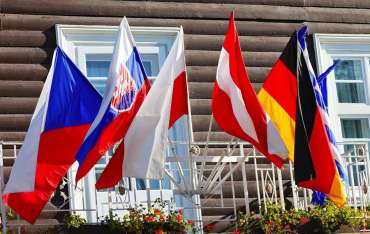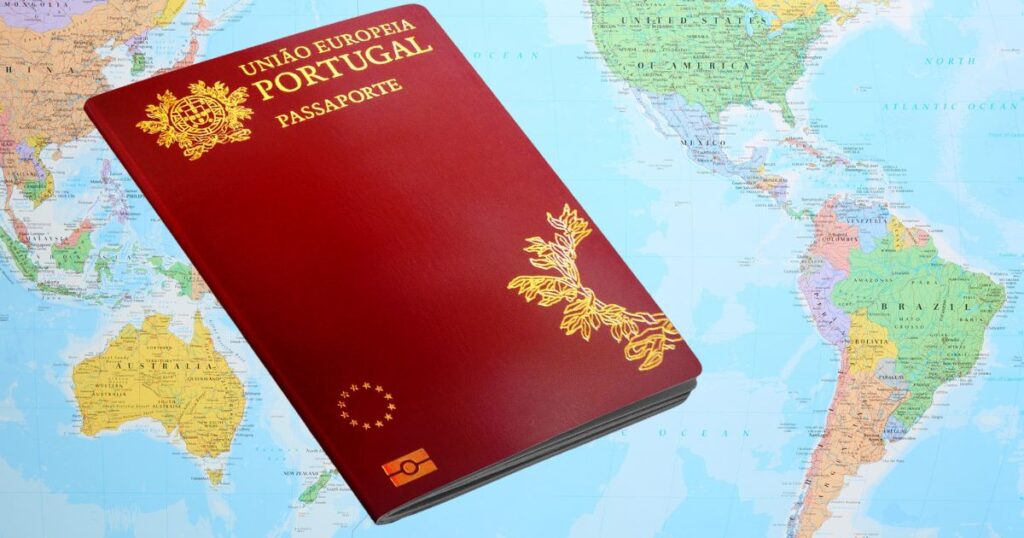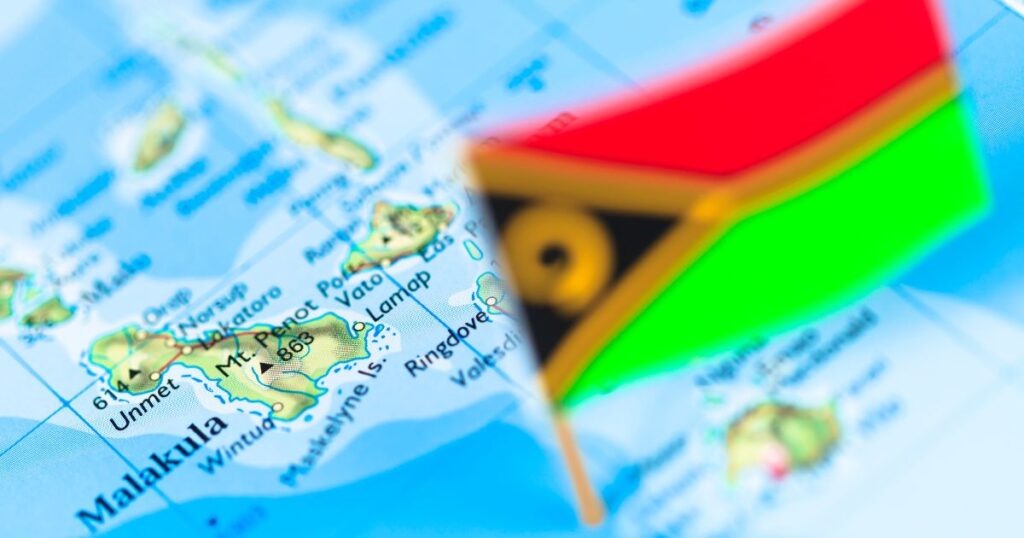While dual citizenship or nationality is generally accepted by most countries in the European Union (EU), a handful of EU countries restrict dual citizenship.
Out of the EU-28 member states, as of today, only 5 EU states place restrictions on dual citizenship. These are
1. Austria
Austrian Nationality Act does not allow dual citizenship except for persons who obtain two citizenships at the time they were born (e.g. a person born to Austrians living in the US acquires both Austrian and US citizenships at the time of birth).
Thus, if a person acquires US citizenship, he/she usually has to renounce the actual citizenship he/she is holding.
The only exception is stated in Section 28 of the Austrian Nationality Act:
a) if the maintenance is in the interest of the Republic of Austria, or
b) if personal reasons are worth considering (the law does not provide for examples; the specific reasons depend on your own individual situation).
Only born Austrians may make use of this legal provision stated under b).

2. Germany

German nationality law allows its citizens to have or acquire an additional citizenship. Multiple nationality may result from the following situations:
As a rule, children born to a German and a non-German parent, or to parents with dual nationality, acquire the nationalities of both parents at birth, according to the principle of descent.
Ethnic German repatriates and family members admitted with them acquire German citizenship when they are issued a repatriates certificate, in accordance with Section 7 of the Nationality Act; they do not have to give up their previous citizenship. If allowed by their countries of origin, their children born in Germany then acquire at birth both German citizenship and that of their parents.
In certain cases, German citizens may apply for dual nationality, allowing them to acquire foreign citizenship while retaining their German citizenship.
Those who have multiple nationality for one of these reasons normally pass multiple nationality on to their children. In such cases, German law allows children to retain their multiple nationality permanently. Persons with multiple nationality may, however, choose to give up their German citizenship (Section 26 of the Nationality Act).
Naturalization
Section 12 of German nationality law is to avoid creating multiple nationality through naturalization as far as possible, but there are exceptions. As a rule ,naturalized citizens are not required to renounce previous nationality
EU citizens
EU citizens are not required to give up their previous citizenship. According to Section 25 para. 2 of the Nationality Act, Germans who become naturalized citizens of another EU country may retain their German citizenship.
3. Netherlands
Netherlands restricts dual citizenship and citizenship is automatically lost upon acquiring another nationality. Renouncing citizenship is not required under the following conditions
- Married to a Dutch citizen. Or are the registered partner of a Dutch citizen.
- Younger than 18 years.
- Asylum residence permit.
- Now living in the Kingdom of the Netherlands. And you are born in the Kingdom of the Netherlands. You do not always have to have lived in the Kingdom.
- National of a state that is not recognised by the Netherlands. For example, Taiwan or Palestinian territories.
Naturalization
People who want to acquire Dutch nationality through naturalisation are, as a rule, required to give up their other nationality if possible. This is called the renunciation requirement.

Netherlands may amend laws to allow dual citizenship in the future.
4. Slovakia
Dual citizenship is only permitted to Slovak citizens who acquire a second citizenship by birth or through marriage.

A citizen of the Slovak Republic automatically loses Slovak citizenship the day he explicitly manifested his will (i.e. by means of an application, declaration or other act leading to acquisition of a foreign citizenship) to voluntarily acquire a foreign citizenship.
A citizen of the Slovak Republic who acquires a foreign citizenship in such way is obliged to notify of this fact the District Office in the region according to his permanent residence in Slovakia, without delay. In case of not complying with this obligation you may face a fine of up to 3319 EUR.
The following cases shall not lead to loss of Slovak citizenship.
- If a Slovak citizen acquires foreign citizenship in connection with conclusion of marriage with a foreign citizen. However this only applies in case the foreign citizenship was acquired while the marriage still lasts.
- If a child acquires foreign citizenship at birth.
- If a Slovak citizen acquires foreign citizenship before July 17th 2010.
5. Lithuania

Lithuania does not allow dual citizenship in general, but in certain cases below it is accepted
1. A person was deported from occupied Lithuania prior to 11 March 1990 or is a descendant (a child, a grandchild or a great-grandchild) of a person deported from occupied Lithuania prior to 11 March 1990;
2. A person left Lithuania prior to 11 March 1990 or is a descendant (a child, a grandchild or a great-grandchild) of a person having left Lithuania prior to 11 March 1990;
3. A child acquires dual citizenship at birth;
4. Child-adoption cases;
5. Marriage cases;
6. Acquisition of citizenship of Lithuania in exceptional cases or by a person having a status of a refugee.
6. Latvia
Latvia is a special case with limited scope for accepting dual citizenship.
Latvia permits dual citizenship but since 2013, dual citizenship in Latvia permitted only with the following countries:
>
- Citizenship of another EU Member State or another EFTA Member State;
- Citizenship of another NATO Member State;
- Citizenship of Australia, Brazil or New Zealand;
- Citizenship of such a country with which Latvia has concluded an agreement on the recognition of dual citizenship (no such agreement is currently concluded);
- Citizenship of a country not referred to previously if due to important national interests permission from the Cabinet is received to retain dual citizenship;
- Citizenship of a country not referred to previously if it has been acquired automatically (ex lege) through marriage or as a result of adoption.
Children
Children of citizens of Latvia may hold dual citizenship with any country, but may have to decide the citizenship to keep before age of 25.





